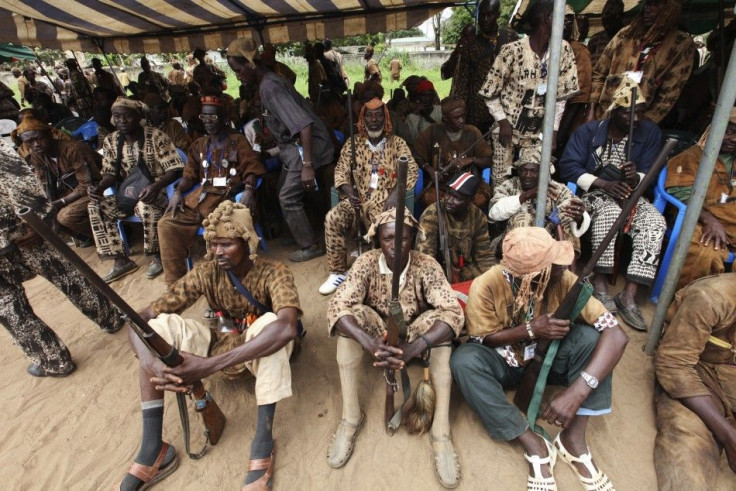Ivory Coast Crisis: 500,000 Refugees Too Afraid to Return Home

In the Ivory Coast, more than half a million people have been displaced from their homes, and are too frightened to return.
After the March presidential elections, ethnic violence erupted across the country, leaving as many as 3,000 people dead. Hundreds of thousands more fled their villages and homes, and are slow to return, according to a new Amnesty International report.
President Alassane Ouattara's government forces, with the help of an inscribed militia of Dozo tribesmen, have been intimidating those loyal to former president Laurent Gbagbo. Many villagers are now living and hiding in the woods, while 150,000 have fled across the Liberian border.
"Côte d'Ivoire security forces and a state-backed militia are creating a climate of fear that is preventing hundreds of thousands of people displaced by post-election violence from returning to their homes," Amnesty said in a report released today.
The government has set up the Dozo security forces at checkpoints along major roads, as well as allowing them to patrol the towns abandoned after the March violence. According to reports, armed militiamen ride around empty villages on motorcycles, waiting for anyone to come back.
"They don't have to do anything more than that. They don't even have to get off their motorcycles. Just coming through as often as they do with their arms is enough to keep us afraid. That is what they want," a resident of the Duékoué's Carrefour area told Amnesty.
President Ouattara said that he has launched an investigation into the post-election violence. All persons found to have participated in the killings will be held accountable, without exception, he said.
He added that the Ivory Coast court system is not equipped to handle war crimes trials, which will have to be done by the International Criminal Court.
Around 50,000 people have started to trickle back into Ivory Coast from Liberia, according to the United Nations, but in some western regions of the country, 75 percent of villages remain unoccupied.
© Copyright IBTimes 2025. All rights reserved.





















